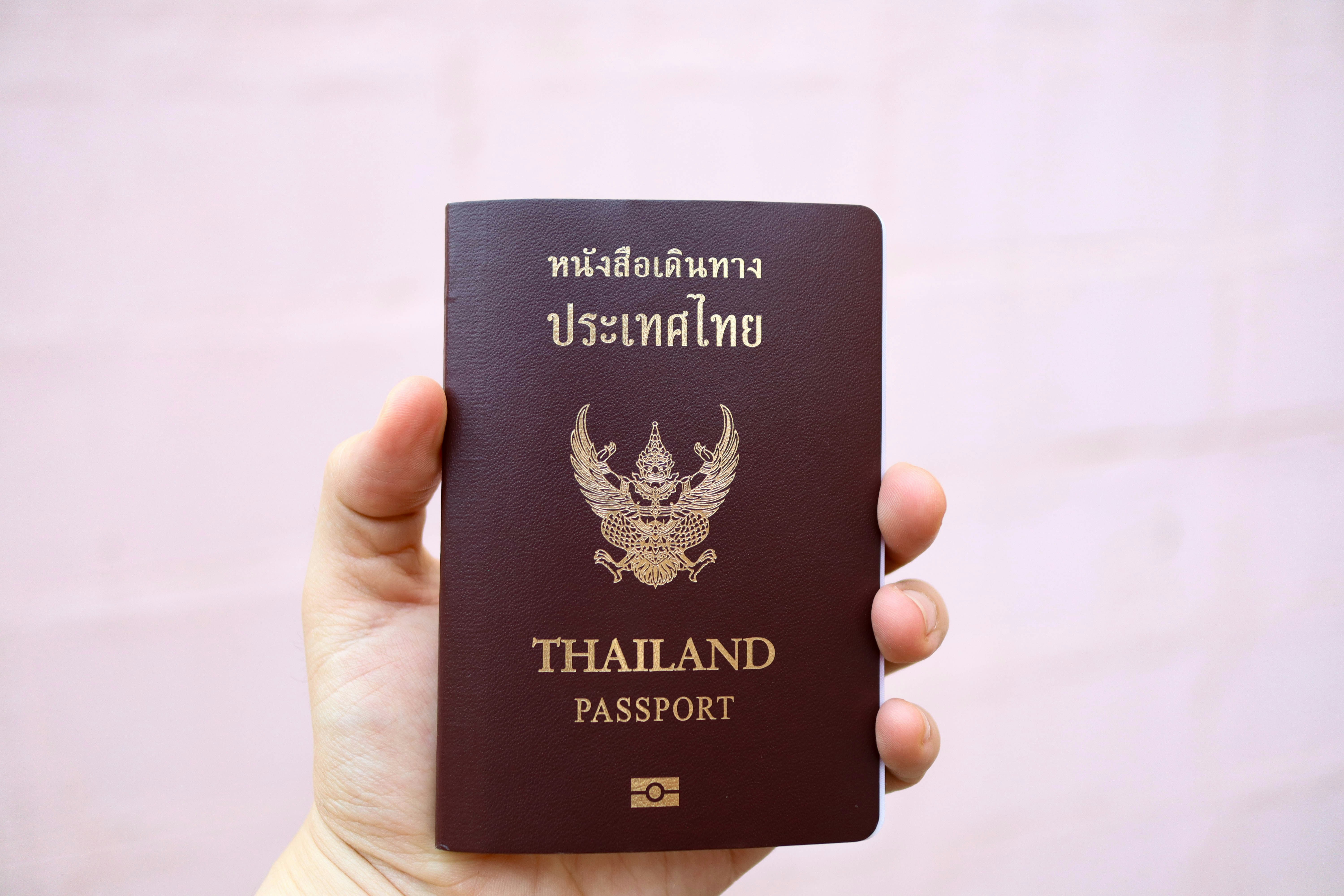Guide to Obtaining a Falkland Islands Visa
Introduction to the Falkland Islands and Its Visa Policy The Falkland Islands, an archipelago located in the South Atlantic Ocean, comprise approximately 778 islands. The…
Navigating the Denmark Visa Process: A Comprehensive Guide
Introduction to Denmark Visa The Denmark Visa serves as a crucial legal document for foreign nationals wishing to enter Denmark for various purposes. Whether the…
A Comprehensive Guide to Canada Visa: Everything You Need to Know
Introduction to Canada Visa A Canada visa is an official document required for foreign nationals planning to visit, work, study, or immigrate to Canada. The…



